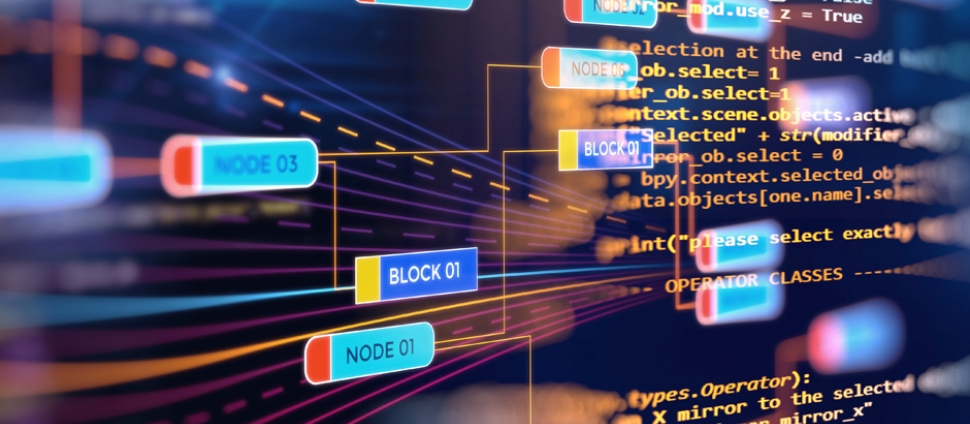Document Type
Conference Proceeding
Publication Date
10-12-2018
Publication Title
Proceedings - 2018 IEEE 26th International Requirements Engineering Conference, RE 2018
Abstract
Goal models have long been used in academia without wide spread adoption in industry. If the fundamental purpose of goal models is to allow stakeholders to generate scenarios and ask 'what if' questions, then which parts of the process of model construction, analysis, and evolution benefit from and which are hindered by manual activities? The recent expansion of goal modelling to ask time-based questions further amplifies this issue because significant additional information is required from stakeholders. Through a series of empirical studies, we aim to isolate the processes of model construction, analysis, and evolution for the purpose of studying the utility of goal-oriented requirements engineering approaches and exploring which tasks are essential practices that stakeholders must complete themselves to gain modeling benefit, and which tasks can be simplified through automation. In this process, we will also measure the benefits of completing relevant goal modelling activities with and without timing analysis. In this short communication, we describe our objectives for understanding the benefits of and barriers to goal-oriented requirements engineering.
Keywords
Empirical studies, Goal oriented requirements engineering (GORE), Modeling automation
First Page
376
Last Page
381
DOI
10.1109/RE.2018.00-22
Rights
© The Author(s)
Version
Author's Accepted Manuscript
Recommended Citation
Grubb, Alicia M., "Reflection on Evolutionary Decision Making with Goal Modeling via Empirical Studies" (2018). Computer Science: Faculty Publications, Smith College, Northampton, MA.
https://scholarworks.smith.edu/csc_facpubs/213


